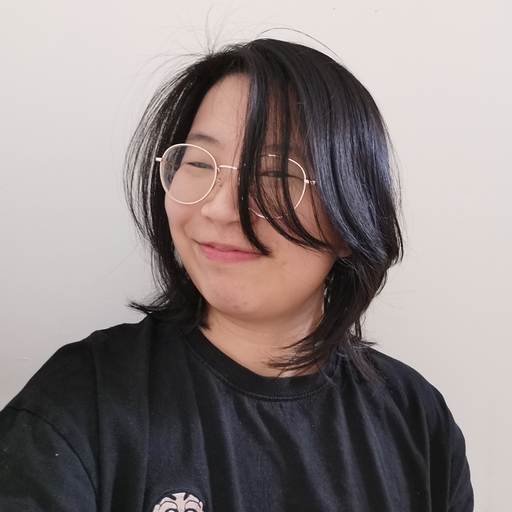We have sometimes been asked what a game consultant is, and what it is we do. That’s why we’re shedding some light on what game consultants are and what we do! Read on to learn more about the types of consulting work available in the games industry and what working with one is like.
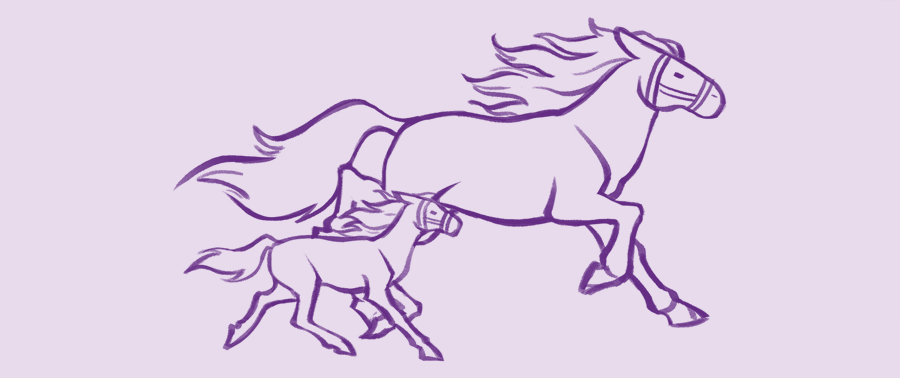
What are game consultants and what do they do?
In essence, game consultants are individuals or teams that provide their expert advice and support for a fee.
Making a game, however, is a big endeavour, with many people with different skills required throughout the game development process. It thus makes sense that game consultants also vary in their areas of expertise and the services they provide. This can range from:
- Tech and programming: For example providing engineering support on challenging programming problems such as multiplayer networking, specific tech stacks, and software development.
- Porting and distribution: Providing both technical and administrative support with getting games onto storefronts and consoles, as well as localising them.
- Cultural sensitivity: Providing feedback on your games’ contents, creative direction and processes to ensure your project is respectful in its depiction and/or use of culture and tradition.
- Planning, budgeting and product management: Helping you streamline your business processes to improve productivity.
- Marketing: Providing advice and support on branding, advertising, tradeshow support and more.
- Art and creative direction: Providing necessary manpower and feedback on games’ art and creative direction.
- … and much more!
Consultants work with various clients, from large studios to indie solo devs. In the context of our studio, we are highly specialised in providing technical support, QA testing and porting services, making sure games are shipped at high quality.
Why would game companies and businesses work with game consultants?
Game companies and small indie teams may need specific expertise to resolve difficult problems that their team is currently unable to. For example, we helped Pat Naoum port The Master’s Pupil to Nintendo Switch. Similarly, we helped the DragonBear Games team with Innchanted’s multiplayer networking, AKA the technical support to make sure multiplayer gameplay works!
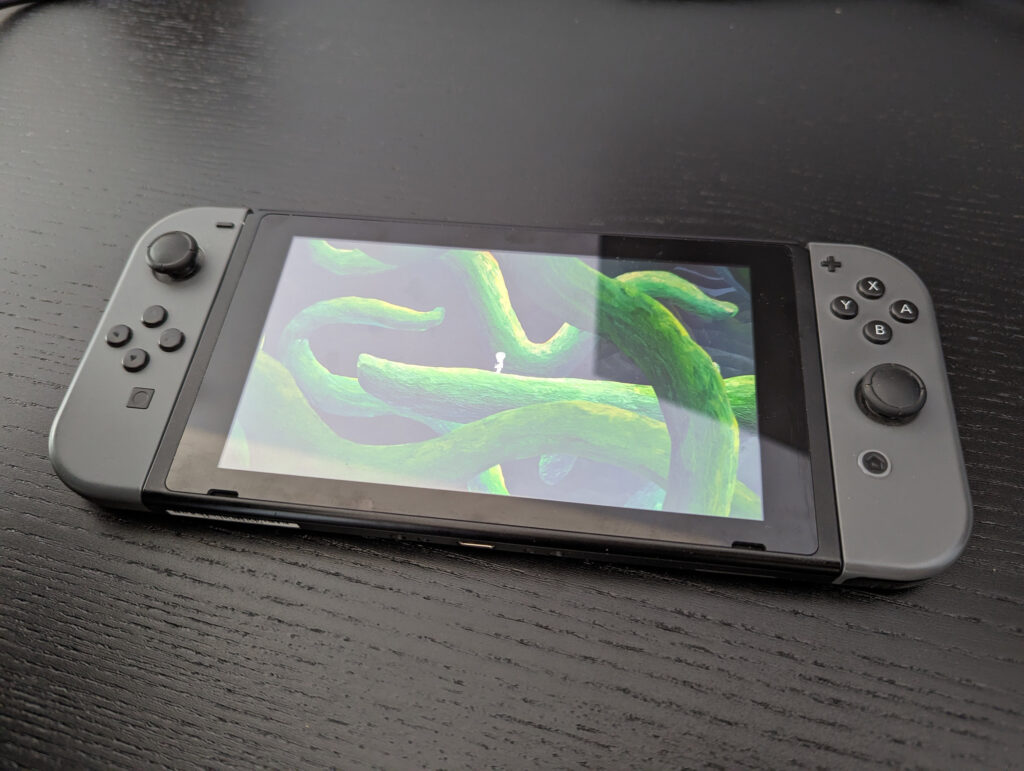
Sometimes, game consultants are involved to be the provider of an objective external perspective, which can be the difference between removing blockers in production and their long-term overhead costs. As discussed by Vrignaud, consultants can cut through internal politics to get the ball rolling again. In our experience, we’ve helped guide clients through avoiding costly pitfalls, ranging from things like advice on which networking solution they should use for their project, to advising on team norms to raise productivity and eradicate crunch/other harmful practices in their studios.
For businesses not typically a part of the games industry, working with game consultants is the best way to gain an understanding of an industry and practice they are unfamiliar with. Games are used for purposes beyond entertainment, with “serious games” having other objectives related to marketing, training and education. To illustrate, we’ve worked with No Moss Co to develop Hexgrove Books, which gamifies Agile training and is a tool in their Agile courses. Game consultants make such experiences possible, but also have the in-depth knowledge to make them fun!
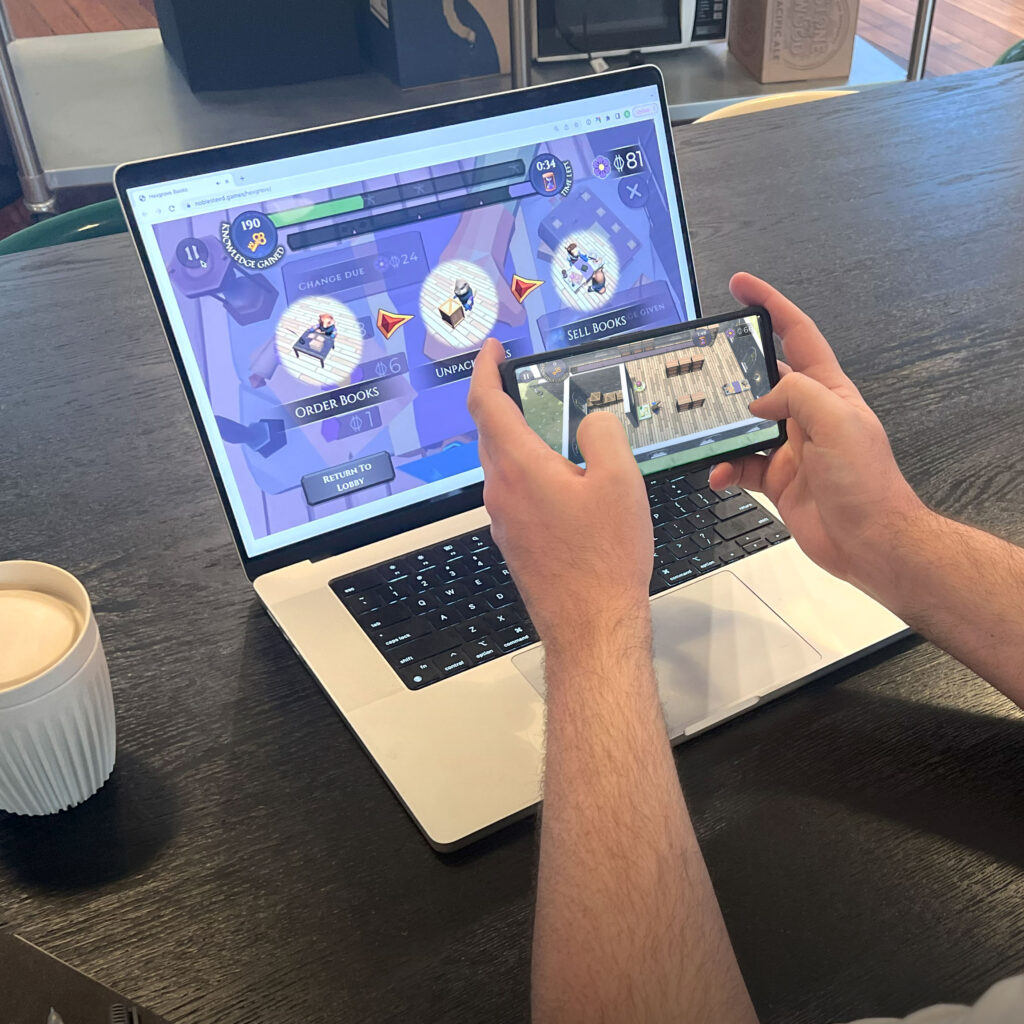
What’s it like to work with game consultants?
Every consultant works differently, but transparency from both ends is critical for work to be smooth! Here’s the rough process of working with our studio:
1. Early chats
First, we’d have some initial chats via email or video call to get to know each other and be introduced to the project. This is the opportunity for clients to share the problems they’re facing and discuss the next steps. After this chat and prior to reviewing projects, we would sign Non-Disclosure Agreements (NDAs) to ensure confidentiality.
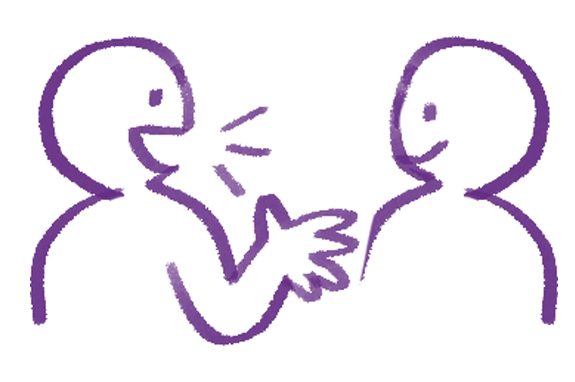
2. Project reviews (Code/Build reviews)
Next, it’d make sense for game consultants to understand the project they’re working with. This process varies according to the type of consultant you are engaging with, but generally involves allowing the consultant to look at your project closely to familiarise themselves with it. With the NDA, confidentiality is in place even prior to any work being agreed on and done. For us, we review code/builds to figure out what needs to be done and provide accurate estimates as to how long work will take.
3. Contract Agreements
As with any business engagement, contract agreements are critical to protecting all parties.
The games consultant should prepare a Statement of Work (SOW) document which is a legally binding document capturing and defining all the work management aspects of the project. In the context of game consultancy work, it should clearly outline the project name and description, deliverable outcomes, services, client responsibilities, fees and effective periods.
For example, in the context of a games consultant being engaged for porting expertise, the SOW would have the following information:
- Project name and description
- Deliverable outcome: Finalise core systems to be functional for PS 4 (including addressable items, input, saving/loading, etc).
- Services: The delivery team would be 1 Lead Developer, 1 Porting Developer and 1 QA Engineer, working on planned Product Backlog and be delivered in weekly sprints.
- Client responsibilities: Clients are expected to take part in sprint planning and sprint review events.
- Fees: The amount payable for the services, and how they will be invoiced.
- Effective periods: The start and end dates for this Statement of Work.
In addition to the SOW, you should expect to receive a Master Services Agreement (MSA). The MSA establishes what terms and conditions govern all current and future work. This agreement makes it possible to not have to write up and negotiate a new contract every time you engage the games’ consultant for additional services. For example, in the porting scenario above, in the event that more QA testing is required and thus an extension of the timeline, a new SOW might not need to be drafted. The MSA should cover the terms and conditions for this extension, including the need for it to be agreed to in writing (Eg. email, Slack message), whether it’s within the scope of current SOWs, and so forth.
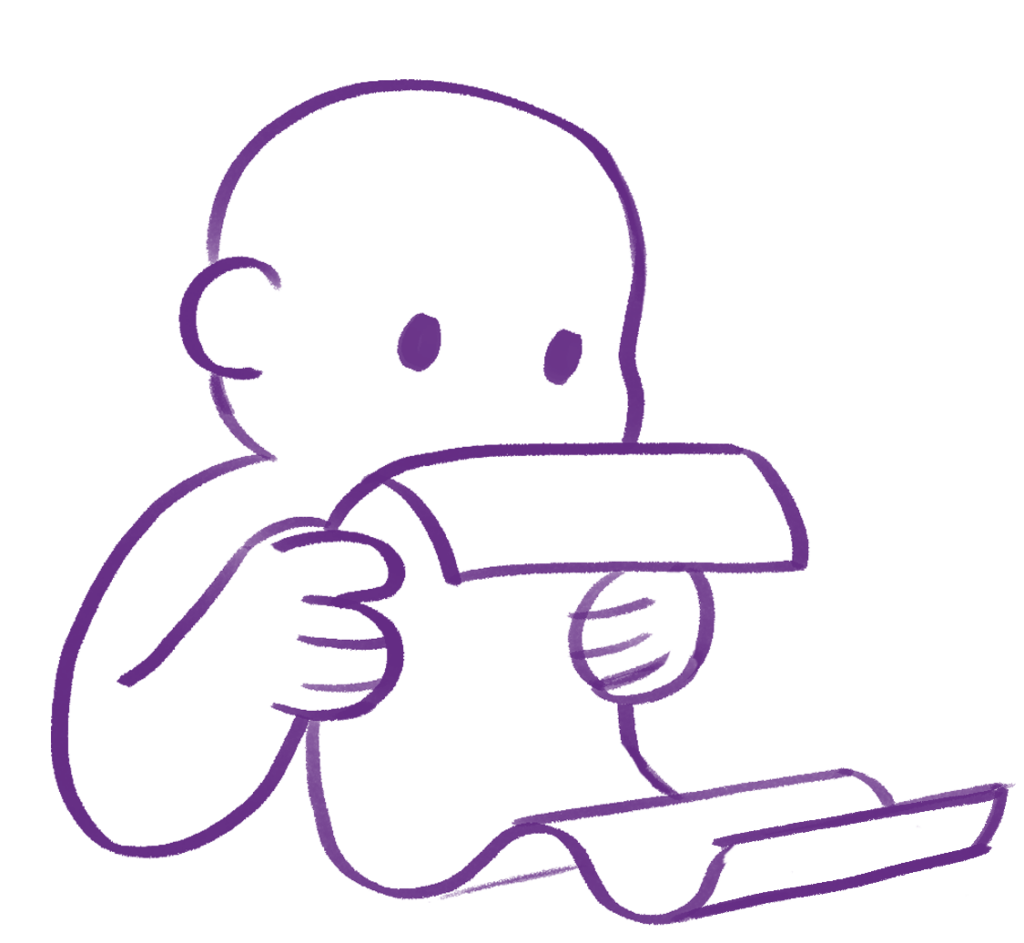
4. Getting into work
After all the legal administrative work is done, it’s time to get into the work! Based on the SOW, the client and game consultant would have agreements on how they should collaborate. For us, we set up weekly sprint planning meetings early in the week and sprint reviews at the end of it. For our small team, these two game production meetings with clients are usually enough to get everyone up to speed without eating into work time.
5. Feedback and support
When all the work is done, consultants should remain a close contact if any issues arise. For us, we’re genuinely interested in seeing our clients and fellow game developers succeed! It’s not just about helping to get work done, it’s about uplifting others to succeed.
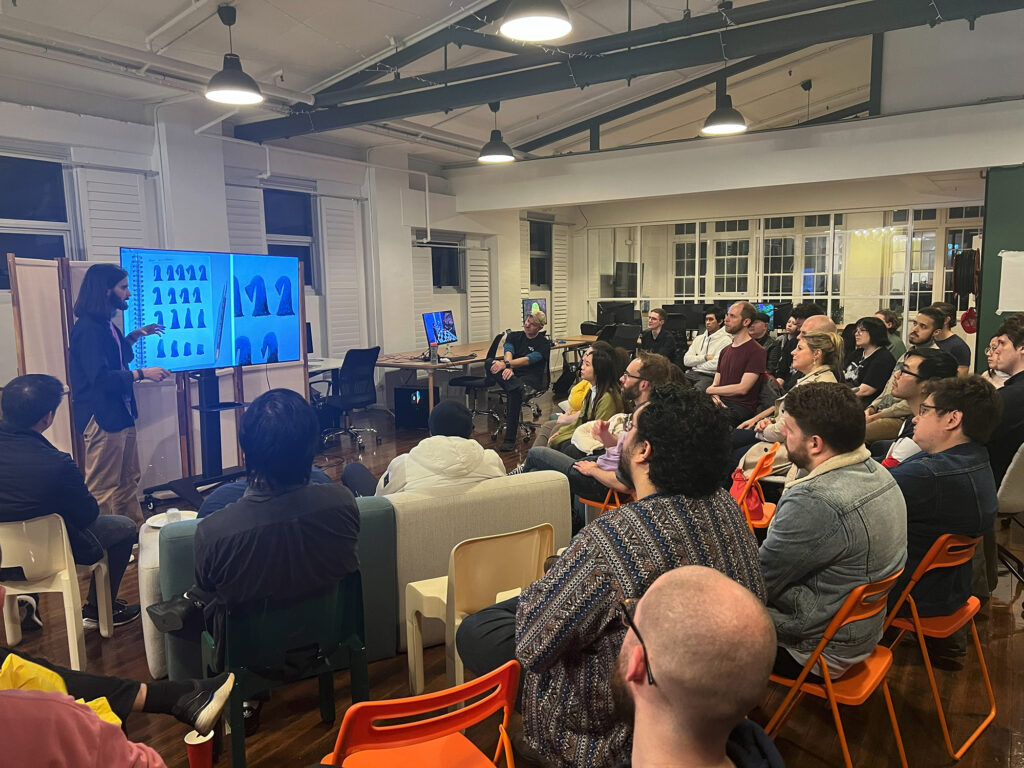
To conclude, we hope this gives you a better understanding of what game consultants and consultancies are, as well as illuminate the not-so-secret ways we work.
We hope you enjoyed reading this! Have a question or want to chat more about game development? Reach out to us!
Other places you can find us:
- Our other game development resources
- Join our Discord server
